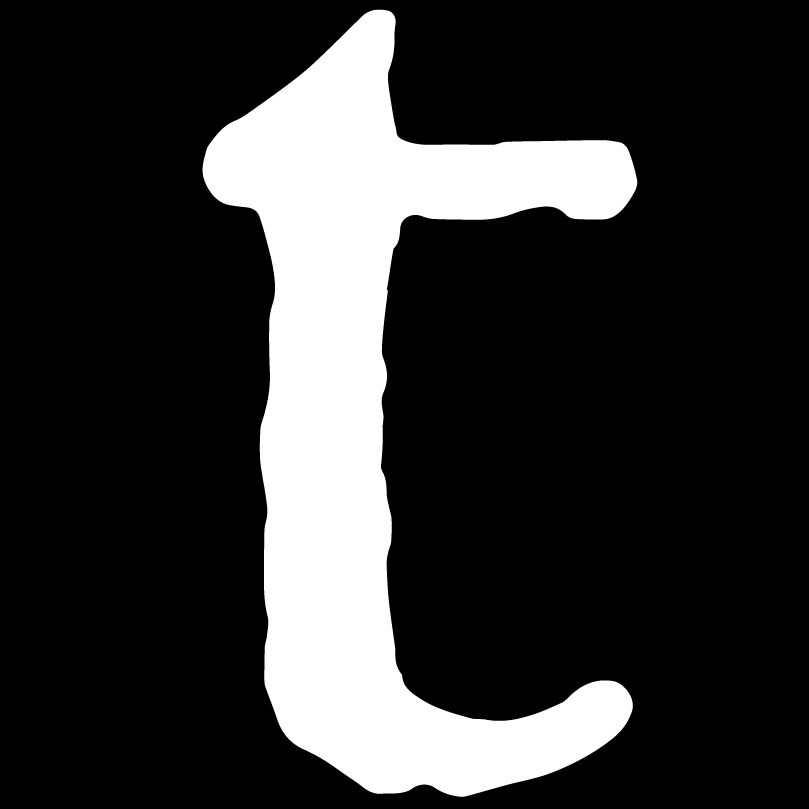
Congress Considers Referendum on Puerto Rico's Political Status
Frances Robles - The Miami Herald
San Juan - Puerto Rico's top political leaders are heading to Washington, D.C., Wednesday to battle over a bill that could result in the first congressionally mandated referendum on the future of the island's political status.

San Juan, Puerto Rico. A demonstrator holds a sign campaigning for US statehood. (Photo: Washington Post)
Proponents of statehood for Puerto Rico say a bill before the House Natural Resources Committee would, if enacted, mark the first time that islanders would get a real say in their future. But opponents argue that the Puerto Rico Democracy Act of 2009 is stacked in favor of making the island the 51st state.
The House committee has scheduled a hearing on the bill on Wednesday.
"This is historic," said former Miami Mayor Maurice Ferre, a Puerto Rico native who was in San Juan this week promoting the bill, HR 2499. ``In the 111 years the U.S. flag has been in Puerto Rico, Congress has never asked: What is Puerto Rico's position? This bill will give me as a Puerto Rican the opportunity to offer my opinion, which has been denied to me for 74 years."
The United States took possession of Puerto Rico after the Spanish-American War in 1898. Puerto Ricans have been U.S. citizens since 1917, but their representative in Congress does not vote, they do not cast ballots in presidential elections and they pay no federal income taxes.
Whether the island should keep its status as a commonwealth or become a state is a hotly contested issue here that creates a bitterly divided electorate.
Puerto Rico's congressional representative, Resident Commissioner Pedro Pierluisi, proposed the legislation. It would order a two-tiered, nonbinding plebiscite that would first ask Puerto Ricans whether they would like to change their political status. If the majority says yes, then a second plebiscite would be held offering three options: independence, independence with a special association with the United States or statehood.
Pierluisi believes that a congressionally ordered referendum would have more weight than past plebiscites and would force Washington's hand to take action on Puerto Rico.
"There's no doubt that Puerto Rico's status has vestiges of colonialism, which has enormous deficits for democracy," Pierluisi said. ``This bill is very important, because it would have moral, political and international weight. You cannot consult the people and not act on it."
But critics say the referendum is unfair, because the first question unites two key forces: those who want statehood and advocates for independence. In the past, such plebiscites have offered a single question offering the three choices. Statehood and commonwealth generally come in at a dead heat, and a tiny percentage of Puerto Ricans vote for independence.
"This is a bill that creates a runoff with the voters who come in at second and third place," said Puerto Rico's House Minority Speaker Héctor Ferrer, a member of the Popular Democratic Party, which advocates an enhanced commonwealth.
``This is like a boxing match. If we do not win Wednesday's round [before the House committee], we are still going to win the fight."
Ferrer and Puerto Rico Senate Minority Speaker José Luis Dalmau are among those who will speak Wednesday against the bill, arguing it does not represent a consensus of Puerto Rican voters.
"This would be another useless exercise," Dalmau said.
Both Puerto Rico's governor, Luis Fortuño, and Pierluisi are members of the New Progressive Party, which argues that Puerto Rico is a colony that deserves to become a full member of the union.
Now that their party enjoys control of the legislature, the governor's office and the resident commissioner's office, they believe the time has never been better to push for statehood for Puerto Rico.
Ferre points out that adding millions more voters could affect the 2012 presidential elections. There are 300,000 Puerto Ricans registered to vote in Florida -- although only those born in Puerto Rico would be allowed to cast ballots in the referendum.
